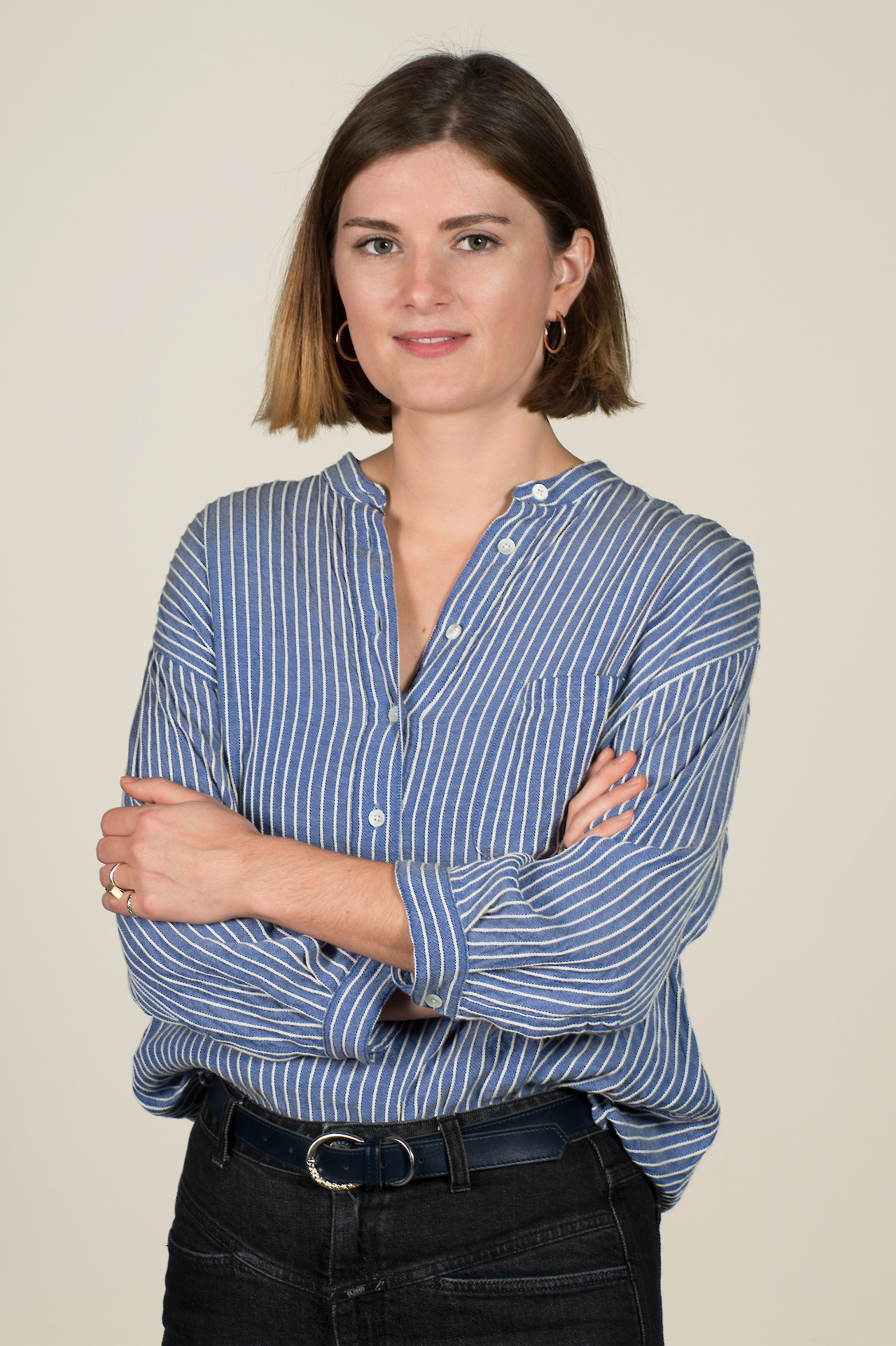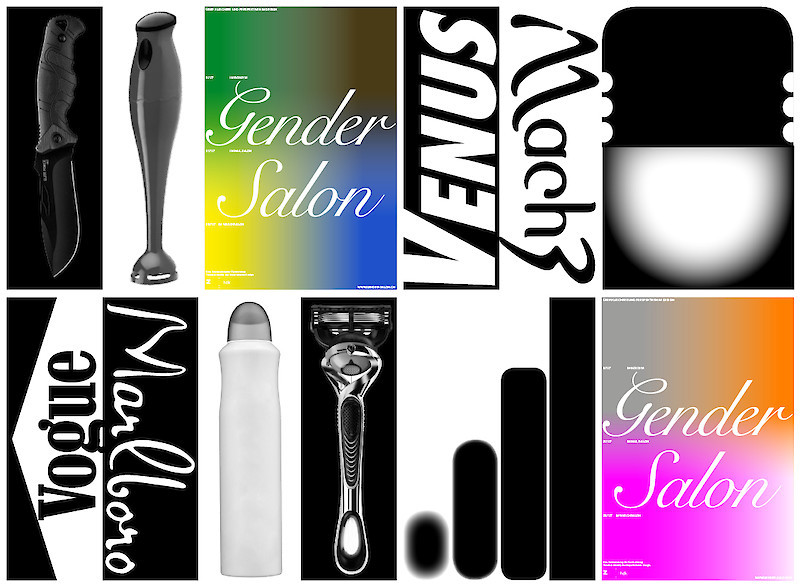Larissa Holaschke
Gender & Design – What can design contribute to gender equality?
Gender, race and sexuality used to be easily demarcated, but in younger demographics and urban centers we are seeing these traditional signifiers being challenged. The macro trend gender shift dissolves the binary gender model, gender roles are losing their obligations and even gender at birth is at disposition. The internet and virtual reality have opened up a space in which new gender concepts can be tested. Social networks are no longer limited to two gender choices, but create multiple possibilities for identification and new identity concepts. Gender-fluidity and the expectations of open-minded Generation Z will influence products, positioning and communications. This not only opens up new discourses, but also new markets and design perspectives. Target groups such as male and female are losing importance and individual needs are moving to the forefront.
But if we look at the things in our everyday lives, unfortunately social change is barely reflected in them. Many everyday objects are not only marketed differently for men and women, but are also designed differently, whereby traditional gender roles are often reproduced. It’s time to question todays design strategies and ask what design can contribute to gender equality by not reproducing stereotypical gender roles, but designing gender-sensitive and future-oriented identities.
Larissa Holaschke is a teaching assistant and research associate at the Master Design specialization «Trends & Identity», Department of Design (ZHdK). She studied journalism and communication sciences, political science and philosophy and completed her Master of Design in the specialization «Event» at the ZHdK. Her MA project «Lipstick Tehran» deals with the material protest culture of women in Iran, for which she was supported by Avina Foundation and awarded the Gender Studies Prize ZFH. In 2017 she launched the Gender Salon - a research and event format for an applied examination of gender in design. Beyond that she is co-coordinating Project Ensemble, where she examines Creative Industries in emerging countries of Africa through field research and exchanges. Her research is based on methods of design ethnography and she deals with issues of identity, design and politics.
When?
May 23rd, 2019, slot 11:45 am to 1:15 pm
Where?
Swiss Embassy, Hellerup
Website:
trendsandidentity.zhdk.ch

